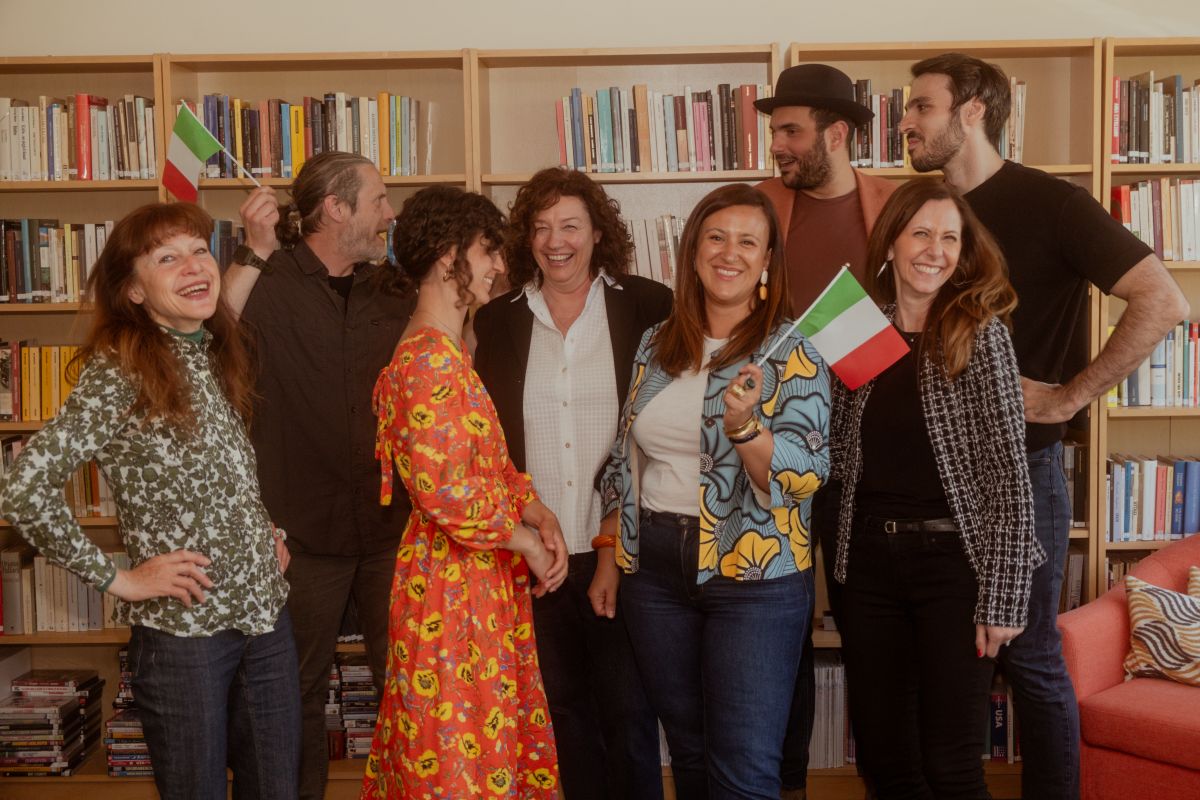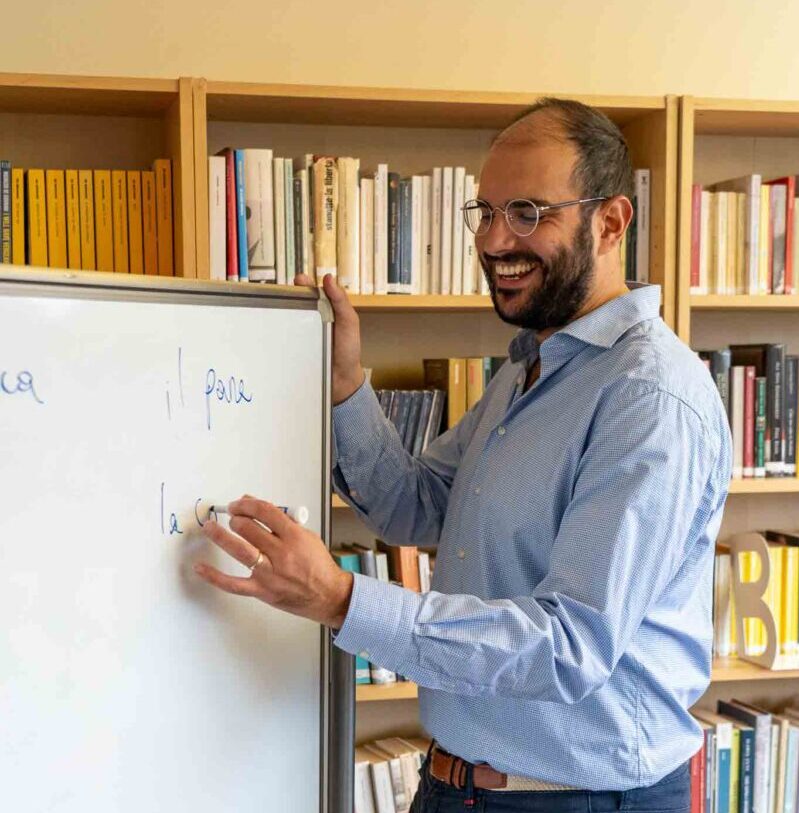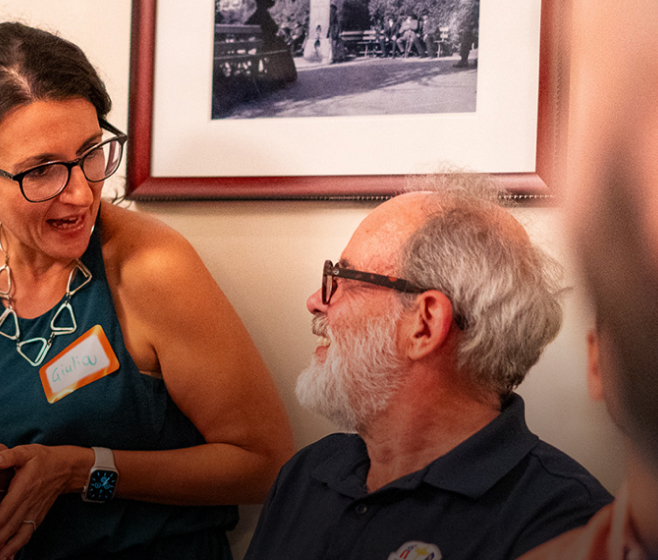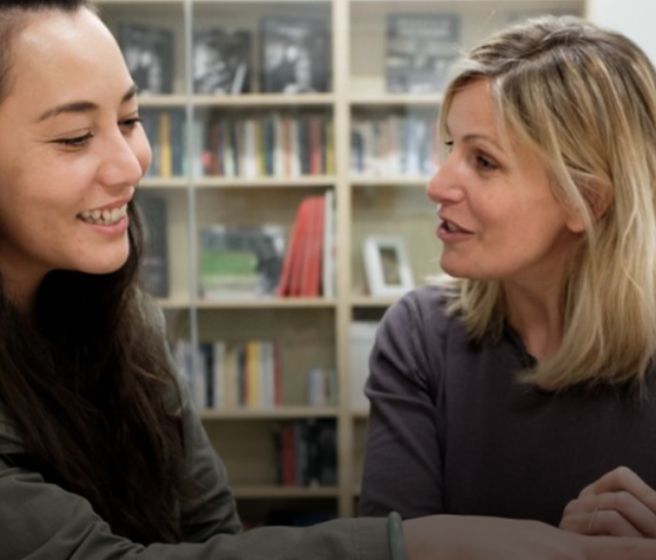
Is it really hard to learn Italian?
at Istituto Italiano Scuola
Let’s be honest—learning Italian can feel like a challenge. Between unique pronunciation, complex grammar, and idiomatic expressions, Italian has aspects that can make it intimidating. Yet, with the right approach, learning Italian can become an enjoyable and fulfilling journey. At Istituto Italiano Scuola (IIS), we’ve built a supportive community and an effective, student-centered method to help learners overcome these hurdles.
Why Is Italian Hard to Learn?
- Pronunciation and Melody: Italian has a distinctive rhythm and melody, making it sound musical but challenging for learners.
- Grammar Complexity: Verb conjugations, agreements, and gendered nouns often don’t align with English, creating a learning curve.
- Idiomatic Expressions: Italian is full of unique sayings and colloquial phrases that don’t always translate directly.
Despite these challenges, Italian opens the door to a rich and rewarding culture. From art and history to food and regional traditions, learning Italian is an adventure worth taking. At Istituto Italiano Scuola, we have dedicated ourselves to making this journey as smooth and enjoyable as possible.

Our Unique Approach: Communicative and Personalized Learning
At IIS, we follow a “Post-Method Pedagogy”—a flexible, communicative approach that emphasizes real-world use of Italian and adapts to each group’s unique needs. This approach is designed to ensure students are actively engaged and supported in achieving their personal goals. Here’s how we make that happen:
- Native, Highly Qualified Instructors: Our teachers are not only native speakers but also hold degrees from Italian universities. This gives them an academic foundation and cultural insight that create an authentic, enriched learning experience.
- Flexible, Student-Centered Lessons: Rather than following a fixed syllabus, our instructors adapt lessons based on each group’s goals, interests, and progress. This flexibility means every class is tailored to what students need most—whether that’s conversational practice, grammar, or cultural insights.
- Real-World Communication Practice: From day one, our classes emphasize using Italian in practical, real-world contexts. Instead of memorizing rules in isolation, students engage in conversations, role-playing, and exercises designed to build confidence and fluency.
- Community and Cultural Immersion: Learning a language is about more than vocabulary. Through in-person and online events, cultural workshops, and special experiences, IIS creates a community where students can fully immerse themselves in Italian culture. From cooking classes to Italian film nights, these events help students connect with the language on a deeper level.
We have recently launched our new project specifically for our students’ community: the Italian-Speaking Buddy Program. It is a new, free, student-led initiative from Istituto Italiano Scuola to help you find partners to practice Italian together. To join students can follow this link and fill up the form to connect with other fellow students, to practice independently and improve your conversation skills.
Tips for Making Italian Easier
Language learning always requires dedication, and we encourage our students to adopt strategies to make it more manageable:
- Immerse Yourself Daily: Try to incorporate Italian into your routine—watch Italian films, listen to Italian music, or even cook a recipe in Italian. Daily exposure helps reinforce what you learn.
- Embrace Mistakes: Language learning is about trial and error. Making mistakes is part of the process, and every error brings you closer to fluency. At IIS, we celebrate progress and encourage experimentation.
- Practice with Native Speakers: Speaking with native speakers can be transformative for building fluency. In addition to class interactions, students are encouraged to join Italian-language groups or attend events where they can practice with native speakers.
- Set Small, Achievable Goals: Italian fluency doesn’t happen overnight. Start with goals like holding a simple conversation or reading a short article and celebrate each milestone.
Why Istituto Italiano Scuola is the Best Choice for Learning Italian in the US
At IIS, we’re not like other language schools. We’re dedicated to creating a truly authentic Italian experience in the US. Here’s why Istituto Italiano Scuola stands out:
- Native, Highly Qualified Teachers: Our instructors are native Italian speakers with degrees from Italian universities, bringing a unique depth of knowledge to each class. This level of academic rigor and cultural expertise is hard to find in other schools, and it ensures that our students learn Italian the way it’s spoken, understood, and appreciated in Italy.
- Engaging Community and Cultural Connections: We know that language learning goes beyond the classroom, which is why we host events and workshops that deepen cultural understanding and foster community. Unlike other schools, we also partner with organizations across the Bay Area and the US, offering our students exclusive discounts that connect them even more with Italian culture and community.
- Flexible, Personalized Approach: Unlike a standardized curriculum found in many schools, our Post-Method Pedagogy allows us to adapt our lessons based on the unique needs of each group. Our students don’t get a generic experience; they get lessons crafted to support their specific goals and interests, whether they’re learning for travel, business, or personal enrichment.
Learning Italian has its challenges, but at Istituto Italiano Scuola, we’ve created a community and a method that make it achievable and incredibly rewarding. If you’ve ever thought, “Italian is too hard”, we’re here to show you otherwise and help you discover just how enjoyable it can be.
is not only learning different words for the same things,
but learning another way to think about things”.



